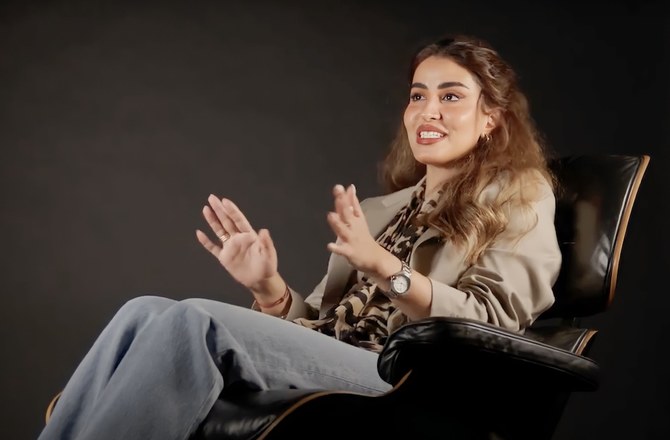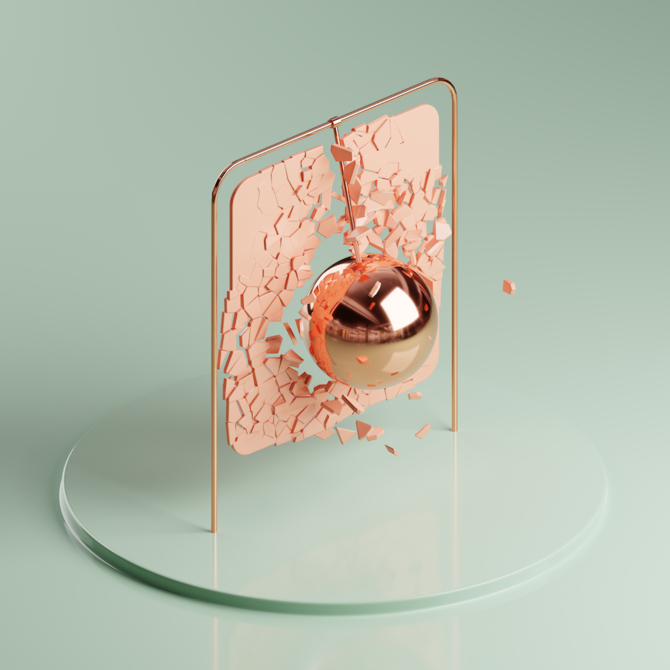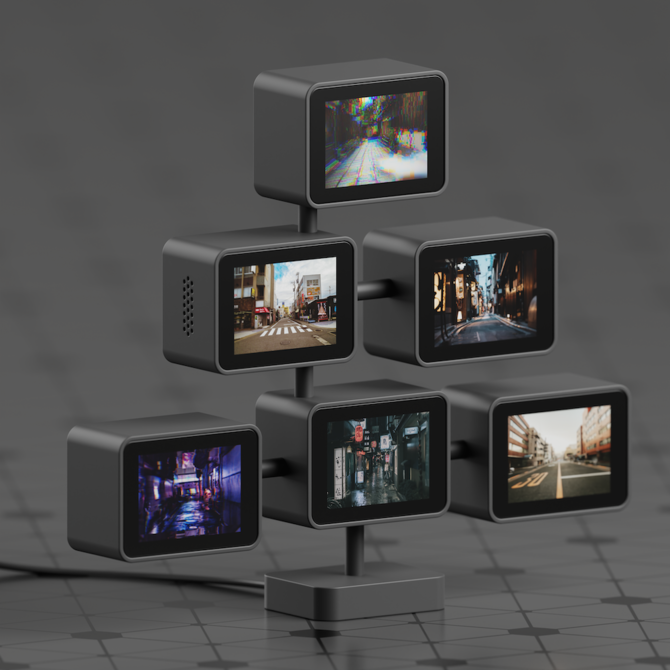RIYADH: Saudi brother and sister Abdullah and Najd Alsahli created the virtual studio Art Without Limits with the goal of empowering artists living with disabilities.
Abdullah, an independent artist, has spinal muscular atrophy, a condition that affects movement and strength. He was determined to find art software suitable for artists with similar conditions.
In 2019, he began publishing articles talking about his experience using various types of software. The following year, he published his second article, “How I use Blender with a Disability,” listing his user-friendly tools and applications to create art.
“A few years ago, I started writing articles about my process on public platforms such as Medium. The goal of those articles was to create something that might be useful for anyone with the same condition as me or anyone interested in creating art in general,” Abdullah said.
After receiving positive feedback from fellow artists and followers, he continued to write more about his experiences.
“Those articles were received really well and it inspired me to continue expanding on it, so the Art Without Limits studio is a natural evolution of my early articles.
“I get messaged often by people saying I inspired them to start doing digital art, which is some of the most encouraging feedback an artist can receive. It’s quite surreal.”
Abdullah, who goes by his artist name ARC, said his goal is to “deconstruct the limits any disabled artist might face while creating art, hence the name Art Without Limits.”
He urges artists to “work within their disabilities” and find a medium that suits their artistic style.
“I picked digital art because it was the best medium for my specific disability. It doesn’t require a lot of physical strength to move a touchpad around, unlike painting where you need to move a brush around a large canvas, which is physically difficult depending on what kind of disability you have.”
Abdullah’s animations are smooth loops of digital art.
“My art style has evolved and changed throughout the years, and I am sure it will continue changing as I grow older, but the main theme is smooth, soothing looping animations. My goal is to create something mesmerizing and pleasant to look at.”
Abdullah said he has unlocked his artistic potential by constantly sketching and publishing his art.
“It creates a satisfying feedback loop that motivates you to create more, and with creating more, you get better at unlocking your full artistic potential.”
Although there have been developments in art creation software, Abdullah said there is “always room for improvements” to make products more user-friendly.
“But you can’t really wait for them to arrive. Any person with a disability knows the best way to get things done is by doing them yourself; that’s why most of the assistive technologies I use are things I made myself or constructed from off-the-shelf products.”
Najd, a communication manager in a government sector, collaborated with her brother to bring the studio to life.
“It started with my brother Abdullah approaching me about an idea to expand his articles and work on an art studio with a focus on artists with disabilities.
Najd said she attended international events to spread the AWL Studio name and shed light on their objective.
“I was already heavily involved with helping him with the logistics of his art journey in terms of attending international events on his behalf when he couldn’t travel, and presenting a few of his talks in France and the US. So, being a co-founder in Art Without Limits felt like a natural extension of that.”
She said that as an outsider looking in, assistive technologies could be improved for artists who rely on their use.
“While working closely with Abdullah, I noticed a lot of assistive technologies have room for improvement in terms of availability. It’s quite difficult to find what we need locally, so we’ve been making our own custom systems and tools, and we hope we can open source them in the future.”
Abdullah and Najd plan to make AWL Studio into a physical space in the future. In the meantime, Abduallah will continue to pursue his career as an artist.
“If I can help encourage one person to pursue art then I’d feel pretty accomplished already. Creating art can be quite therapeutic, especially for people with disabilities — the sense of accomplishment when you finish a piece of art is quite magical.”
For more information on ARC’s artworks visit: https://arc.art/a-selection-of-my-artworks































